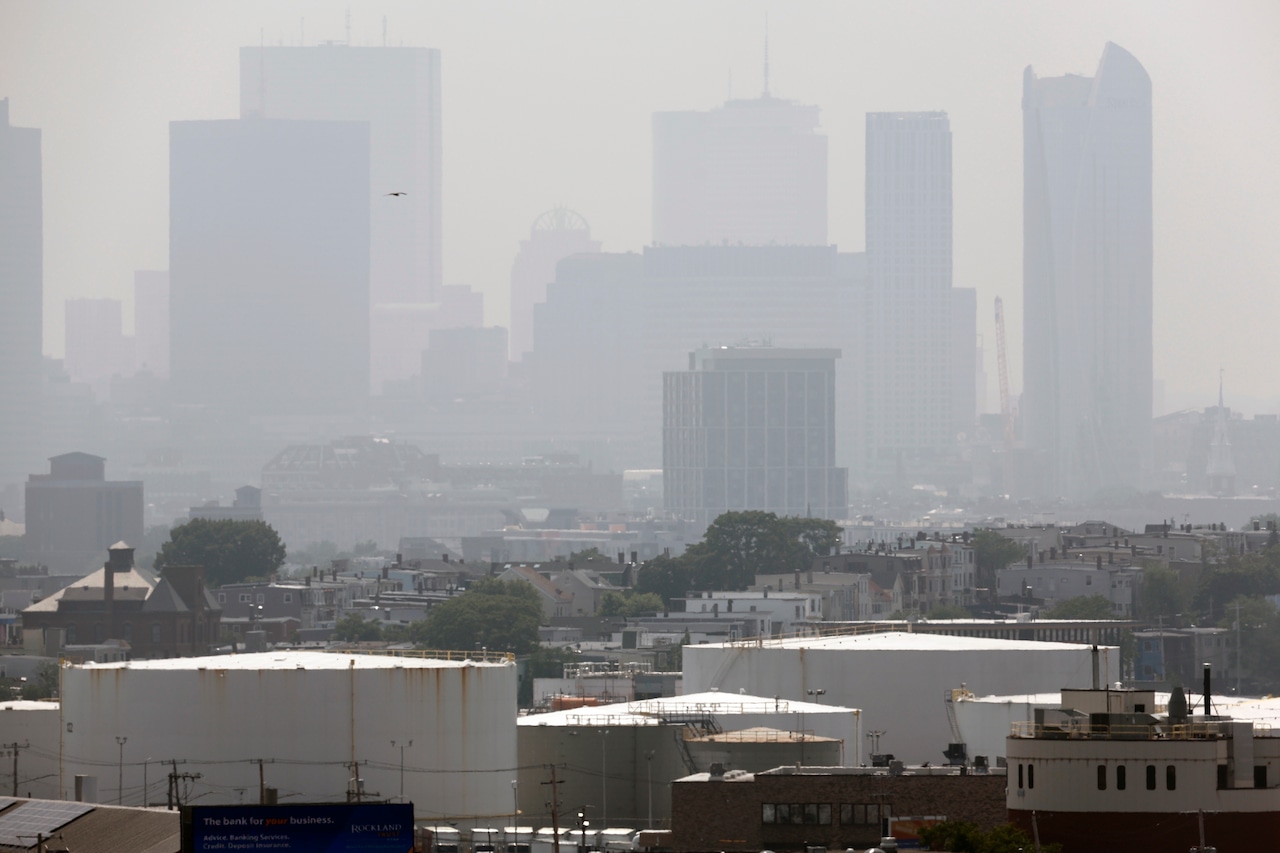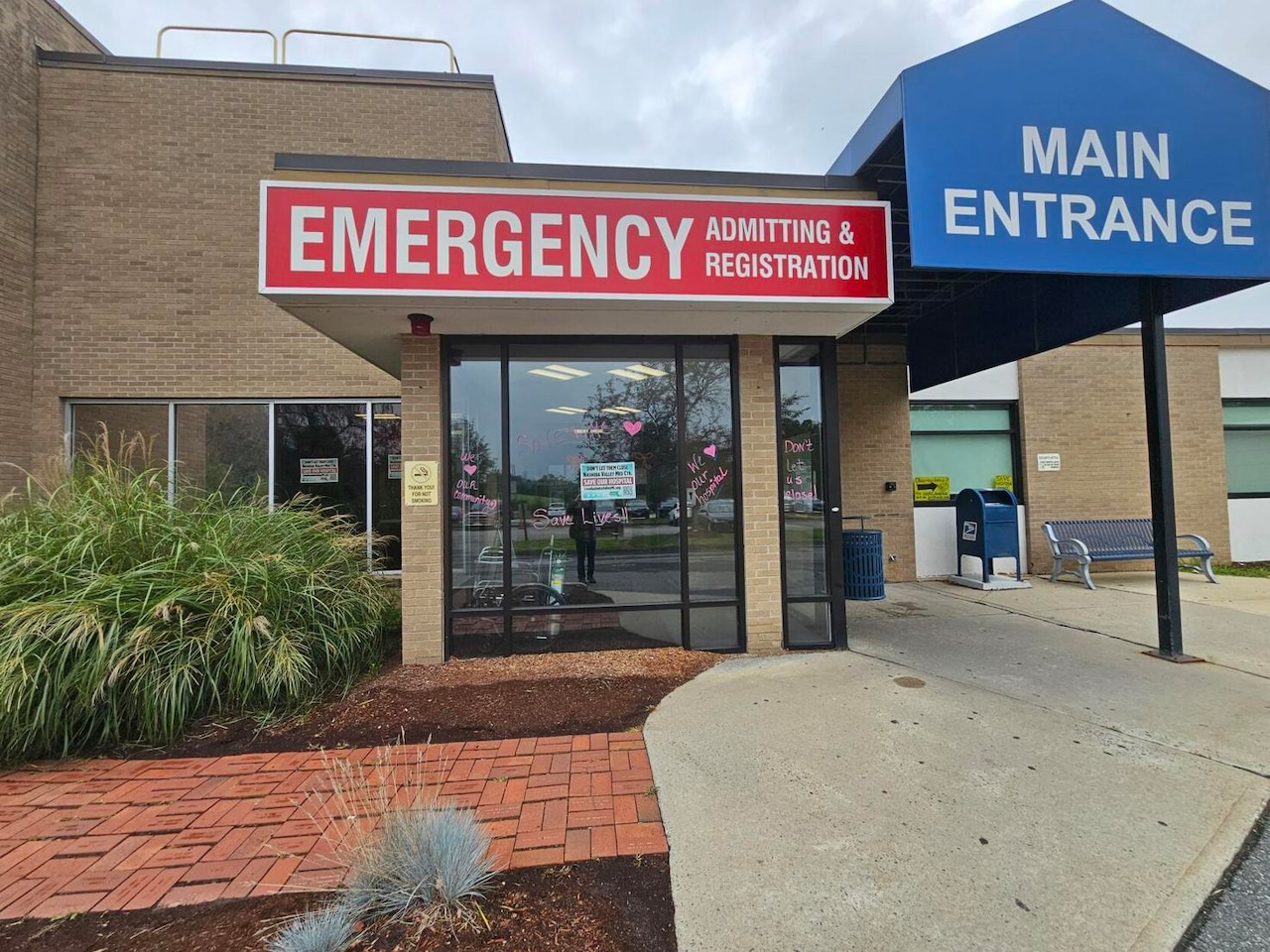
Air quality alerts have been issued for seven Massachusetts counties on Wednesday due to expected elevated levels of ozone, the state’s Department of Environmental Protection announced.
That means air quality is likely to be unhealthy for sensitive groups, including people with heart or lung disease (such as asthma), older adults, children, teenagers and people who are active outdoors.
The alerts, issued for 11 a.m. to 11 p.m. Wednesday, apply to eastern Hampden and Hampshire counties, as well as Worcester, Middlesex, Norfolk, Suffolk and Essex counties.
The anticipated ozone pollution comes on one of the first truly hot days in Massachusetts so far this spring, with most areas of the state forecasted to register temperatures in the high 80s.
What is ozone pollution?
Ozone, according to MassDEP, is the state’s primary seasonal pollutant — its formation depends on temperature and sunlight to create “smog,” when emissions from cars, power plants, factories and other sources chemically react.
“The higher the temperature and the more direct the sunlight, the more ozone is produced,” MassDEP says. “For this reason, New England’s ozone monitoring season runs from March through September.”
During the cooler months of the year, ozone concentrations are kept down.
Largely due to wind patterns, while smog may originate in urban areas, it’s often a bigger problem in the rural west-central part of the state or over Cape Cod than it is in larger cities, MassDEP says.
How does ozone pollution affect me?
Identified as one of the six common air pollutants by the federal Clean Air Act, ozone can irritate the respiratory system, reduce lung function and aggravate existing conditions, and damage lung-lining cells.
People with lung or heart disease experience greater risks from exposure to air pollution.
According to the Allergy and Asthma Network, experts have found that on high-pollution summer days, children with asthma were 40% more likely to suffer respiratory problems than on unpolluted days.
- More weather news: Quarter-sized hail and damaging winds expected with thunderstorms to hit Franklin and Hampshire counties Tuesday
There’s also a notable increase in emergency room visits for elderly patients during smoggy days, the nonprofit organization said.
MassDEP advises people in sensitive groups to reduce prolonged or heavy outdoor exertion, take more breaks, do less intense activities, follow asthma action plans, and keep quick relief medicine handy. Watch for symptoms such as coughing or shortness of breath, the agency says.
People can track real-time ozone levels at MassAir Online.





